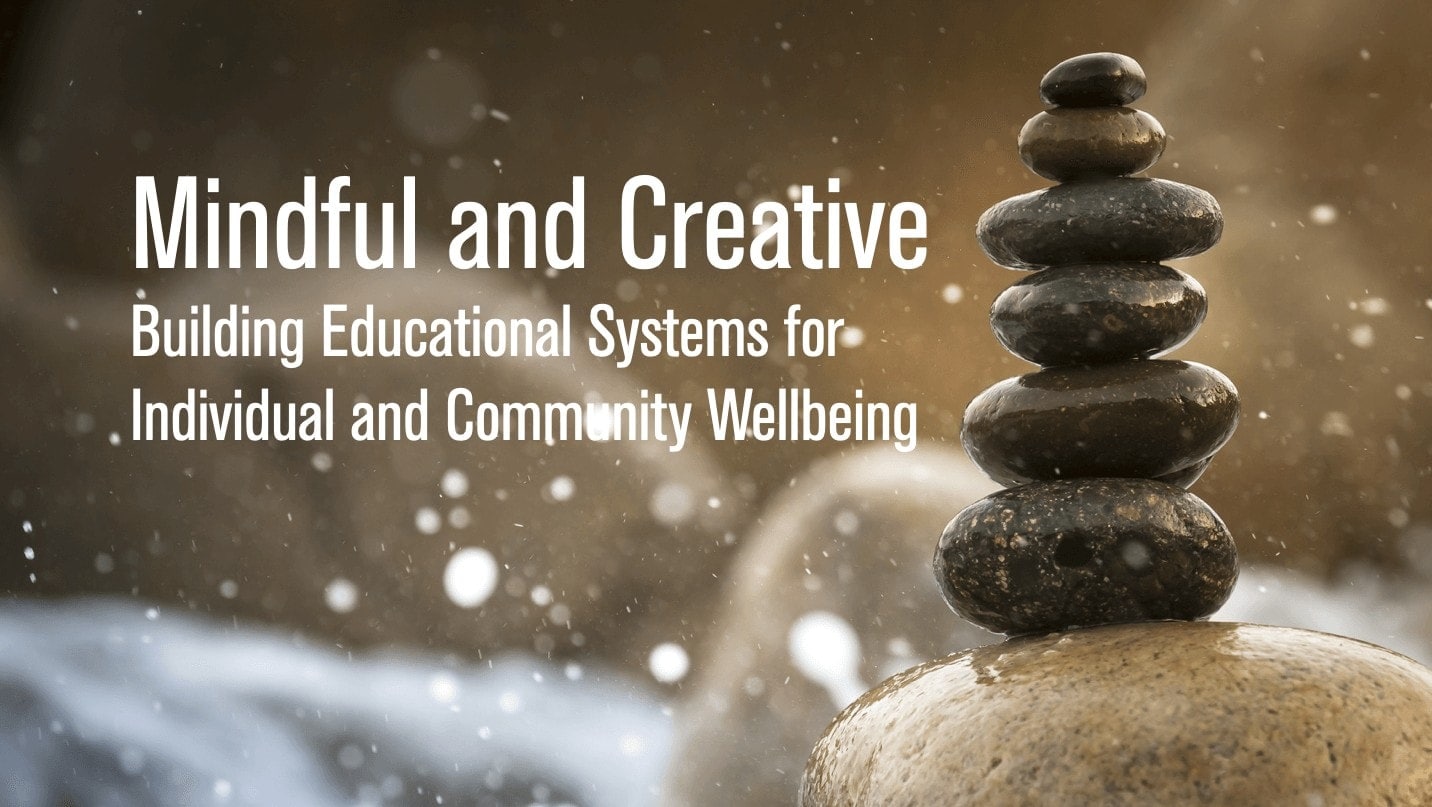It appears that the arts and sciences faculty at Harvard are considering publishing all their scholarship freely online. Here is a NYTimes story titled At Harvard, a Proposal to Publish Free on Web. This is truly wonderful news and long overdue. I have been doing this, at a personal level, through my website, for a long time – but have always felt a bit concerned about my legal standing. My solution has been to not make a big song and dance about it… though I have always faced questions about this at the Survive and Thrive sessions I have done for junior faculty. And I have never really had a very good answer.
I guess now I do.
According to the proposal currently being considered at Harvard, faculty members
… would deposit finished papers in an open-access repository run by the library that would instantly make them available on the Internet. Authors would still retain their copyright and could publish anywhere they pleased …[The idea would be to] create an ‘opt-out’ system: an article would be included unless the author specifically requested it not be.”
There are a couple of issues here, worth mentioning.
First, is my motivation for thinking this is a good idea. The bottom line, at least for me, is ensuring that what I write is read by as many people as possible. Since I work at a state funded university, I believe, the results of my research and scholarship should be freely available to the people who have paid for it. If Matt and I had not put our TCRecord piece out there on the web, I doubt our ideas would have received half the attention they did. People discovered the article, shared it with their colleagues and their students, and everything that has happened since then (the book, the special sessions at NTLS, SITE etc. etc.) is a consequence of its easy and immediate availability.
Second, is something I had alluded to in a previous posting (here), but would like to expand on a bit. It is interesting that it is the “big name” institutions that come out supporting these open-access initiatives (for instance MIT’s OpenCourseware and now this initiative from Harvard). I guess these institutions feel more secure in their position in the world, and thus more comfortable in sharing their information, than institutions with a weaker “brand.” Thus here at MSU we are having discussions about whether or not we should be utilizing the “cloud” for work we do here – or whether we stay cut off from the world, behind proprietary fire-walls. I had previously mentioned this article on the MSU website. Take a peek at it if you haven’t already. How backward looking is that?





hmmm… don’t know how to respond to the previous comment, except to say that I hope I get a scholarship too 🙂
wow..do you want to study at Harvard university? Good luck bro and I hope you can get the scholarship 🙂
I find Michigan State’s resistance to the future quite remarkable, especially considering its historic role as a Land-Grant University. One of the basic missions of this institution is “extension” – the diffusion of knowledge and research beyond the campus community. By sealing itself and its research off from the world there is the unfortunate contribution to to the notion of an imperial university – an elitist community devoted to controlling those outside of the academe rather than a liberating force.
Beyond that is the simple stupidity of the cost. MSU and other educational institutions spend tens of millions of unnecessary dollars each year for tech support that would be better provided by third party vendors. Google accounts (replacing MSU’s truly awful 1985 email system) and Moodle accounts (replacing the bizarre Angel system) could save each MSU student between $300 and $500 per year (by my rough calculations) while providing better, faster service with dramatically improved collaborative opportunities.